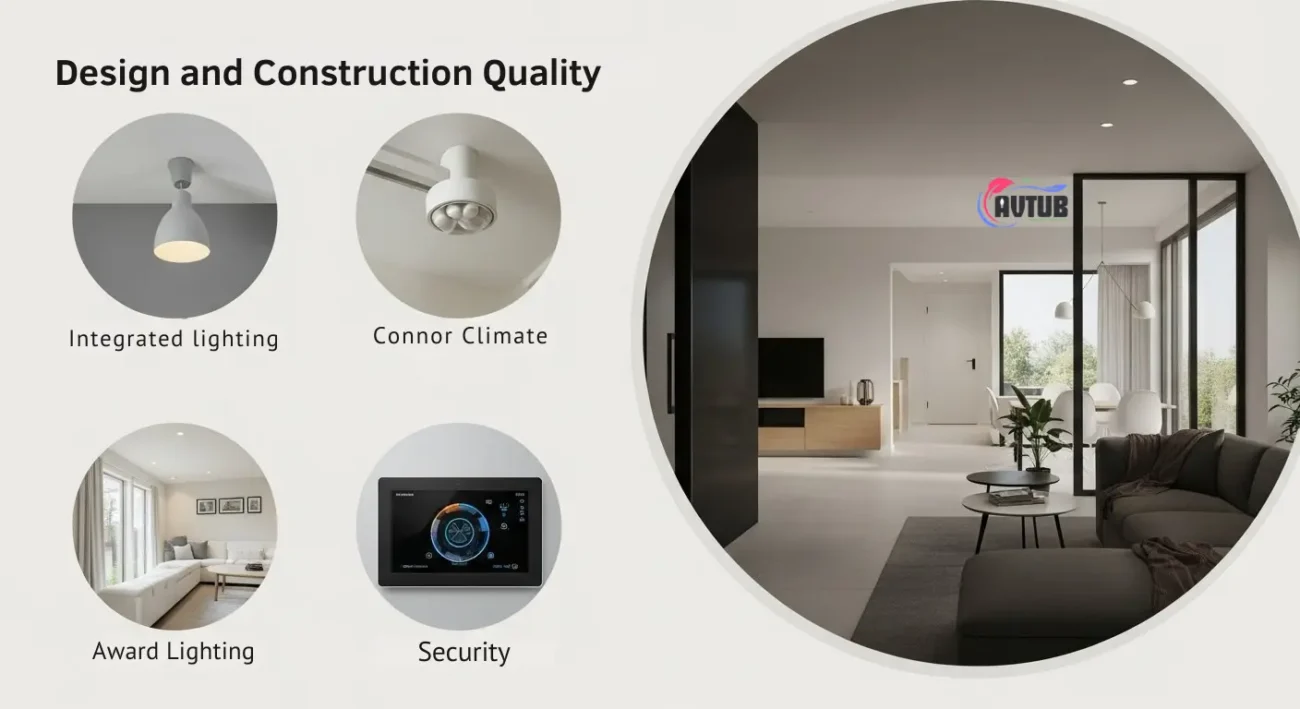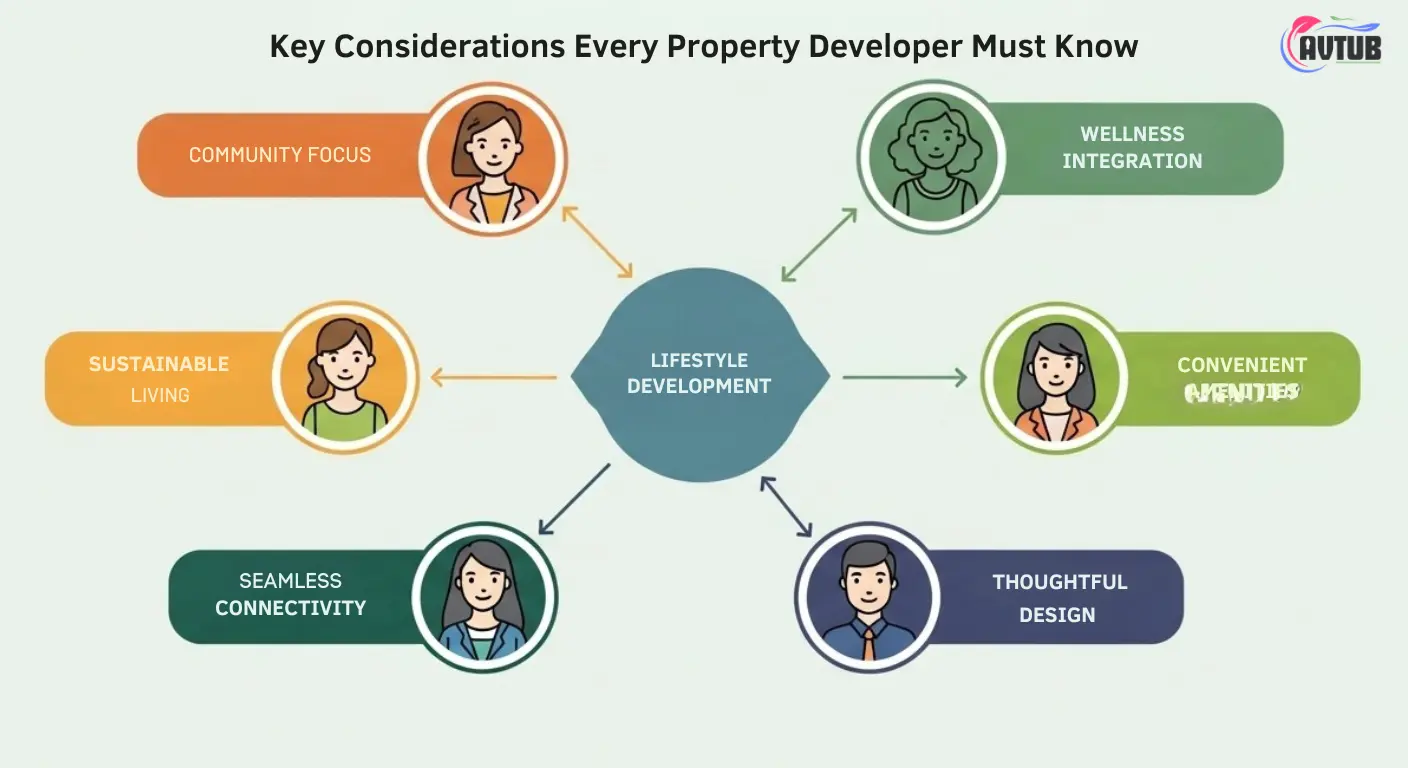Property development can be an exciting and profitable venture, but it’s also a complex process that requires careful planning, strategy, and foresight. Whether you are a seasoned developer or embarking on your first project, understanding the key considerations can mean the difference between success and costly setbacks. From initial site selection to post-construction management, every stage demands attention to detail and informed decision-making. Here are the essential factors every property developer must keep in mind.
The adage may be overused, but it remains true: location is critical in property development. A prime location can significantly increase the value of a project, while a poorly chosen site can limit its potential. Developers must analyze local demographics, accessibility, proximity to amenities, and future development plans in the area. A location with growing demand, good infrastructure, and favorable zoning regulations often provides a higher return on investment.
Market Research and Feasibility
Before committing to any project, thorough market research is essential. Understanding the target audience, their needs, and the type of properties in demand will guide design choices and pricing strategies. Feasibility studies, which examine financial, environmental, and logistical aspects of the project, help developers determine whether a venture is viable. Factors like construction costs, potential rental or sale prices, and market trends must be carefully analyzed to avoid unexpected losses.
Regulatory Compliance
Property development is heavily regulated. Zoning laws, building codes, environmental regulations, and permits all play a critical role in determining what can be built and how. Non-compliance can lead to fines, delays, or even project cancellation. Developers must familiarize themselves with local regulations and engage legal experts when necessary. Consulting with building technology consultants can ensure that technical requirements and sustainability standards are met, avoiding costly redesigns or violations.
Financial Planning
Sound financial planning is a cornerstone of successful property development. Developers must account for all costs, including land acquisition, construction, labor, permits, and marketing. Unexpected expenses can quickly derail a project, so contingency budgets are essential. Financing options, such as loans, investors, or joint ventures, should be carefully considered. Maintaining accurate cash flow projections helps developers stay on track and make informed decisions throughout the project lifecycle.
Design and Construction Quality

A well-designed and high-quality property is more likely to attract buyers or tenants and maintain long-term value. Developers should prioritize functionality, aesthetics, and sustainability. Selecting experienced architects, engineers, and contractors ensures that the project is built to high standards. Sustainable design practices, including energy efficiency, smart technologies, and environmentally friendly materials, not only appeal to modern buyers but can also reduce long-term operational costs.
Risk Management
Property development inherently carries risks, from market fluctuations to construction delays and unforeseen legal challenges. Developers must identify potential risks early and implement strategies to mitigate them. This includes purchasing insurance, establishing clear contracts with stakeholders, and maintaining flexibility in project timelines. A proactive approach to risk management helps safeguard both financial investment and reputation.
Marketing and Sales Strategy
Even the most well-executed development can falter without a solid marketing strategy. Developers must create compelling campaigns that highlight the property’s unique features and target the right audience. Utilizing digital marketing, social media, and partnerships with real estate agents can increase visibility and drive sales. Timing is also critical launching marketing efforts too early or too late can affect occupancy rates and overall profitability.
Long Term Maintenance and Management
Successful property development doesn’t end at construction. Consideration for long-term maintenance, property management, and tenant satisfaction is vital. Developers who plan for these aspects from the outset can ensure sustained value and positive reputation, particularly for multi-unit or commercial developments. Planning for efficient building operations, including waste management, security, and energy use, helps maintain property quality over time.
Property development is a multifaceted journey requiring a balance of creativity, technical knowledge, and strategic planning. By carefully considering location, market demand, regulatory compliance, financial planning, design quality, risk management, marketing, and long-term maintenance, developers can increase the likelihood of successful, profitable projects. Leveraging expert advice, including insights from consultants specializing in building technology, can provide an additional layer of guidance and assurance.
Ultimately, the most successful property developers are those who anticipate challenges, stay informed, and plan meticulously at every stage. By doing so, they not only deliver quality properties but also create lasting value for themselves and the communities they serve.


